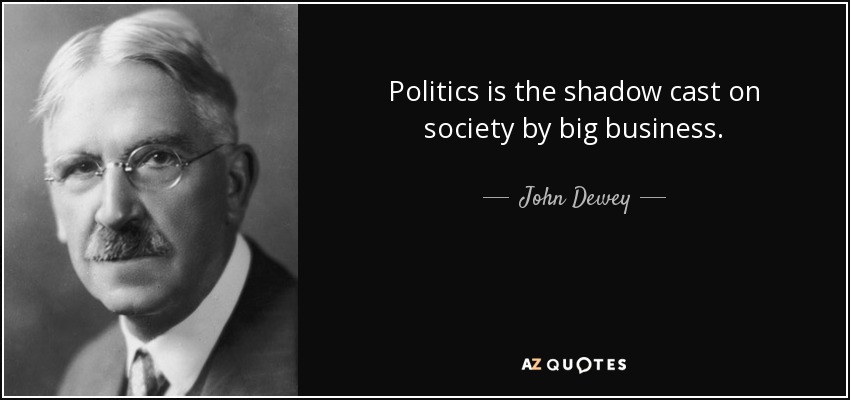f not capitalism and free markets then what?
My link is a four-minute read Opinion | A world without capitalism is not too hard to envision
Opinion | A world without capitalism is not too hard to envision
"Imagine that shares resemble electoral votes, which can be neither bought nor sold.
"Like students who receive a library card upon registration, new staff receive a single share granting a single vote to be cast in all-shareholder ballots deciding every matter of the corporation, from management and planning issues to the distribution of net revenues and bonuses.
"Suddenly, the profit-wage distinction makes no sense and corporations are cut down to size, boosting market competition
"When a baby is born, the central bank automatically grants her or him a trust fund (or personal capital account) that is periodically topped up with a universal basic dividend.
"When the child becomes a teenager, the central bank throws in a free checking account.
"Workers move freely from company to company, carrying with them their trust-fund capital, which they may lend to the company they work in or to others.
"Because there are no equities to turbocharge with massive fictitious capital, finance becomes delightfully boring—and stable.
"States drop all personal and sales taxes, instead taxing only corporate revenues, land, and activities detrimental to the commons."
Imagine that shares resemble electoral votes, which can be neither bought nor sold.
How would a company ever exist to begin with, without the money to buy the property, build the buildings, buy or have built the machinery, and setup all the work stations?
Where does that money come from? Because the typical way to getting that capital, is by selling shares of the company, but you just said they can't be bought or sold, thus no one would have any reason to give money to a company.
When a baby is born, the central bank automatically grants her or him a trust fund (or personal capital account) that is periodically topped up with a universal basic dividend.
Why would I work, if I'm going to get paid to stay home?
Workers move freely from company to company, carrying with them their trust-fund capital, which they may lend to the company they work in or to others.
Why would I do that? Why wouldn't I use the money myself?
Because there are no equities to turbocharge with massive fictitious capital, finance becomes delightfully boring—and stable.
Well that's true, that if you destroy the banking system, the banking system won't have any problems. I agree with that.
But that would also ignore the fact that you will harm the reallocation of resources. Meaning, that one thing banks do, is move resources from investors to producers.
For example, the whole reason mortgage backed securities exist, is because government created securities to sell, which then allows banks to gain capital to make mortgages.
If you eliminate that system, which is what you are suggesting, the result would be far fewer mortgages. Which means people will not afford homes. Are you ok with that? Only the rich and wealthy will be able to afford homes, because no banks are going to be giving mortgages to people. Is that what you want?
"States drop all personal and sales taxes, instead taxing only corporate revenues, land, and activities detrimental to the commons."
Not possible. Total corporate profits for 2019, were roughly $2.13 Trillion dollars. Even if you taxed corporations 100%, you would not even have enough money for Medicare and Social Security.
Further, with high taxes would cause most companies to move money out of the country.
So the more you rely exclusively on corporations for tax revenue, the less corporate tax revenue that you will have.
By the way, you realize that every single corporation could be taken private. How would fund the government, when all the corporations disappear?


